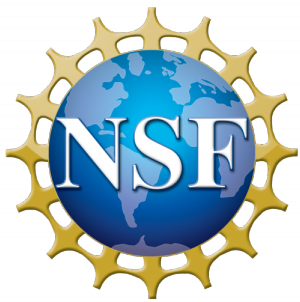April 1st, 2011 | RESEARCH
In recent years, many technological interventions have surfaced, such as virtual worlds, games, and digital labs, that aspire to link young people's interest in media technology and social networks to learning about science, technology, engineering, and math (STEM) areas. Despite the tremendous interest surrounding young people and STEM education, the role of school libraries in these initiatives is rarely examined. In this article, we outline a sociocultural approach to explore how school library programs can play a critical role in STEM education and articulate the need for research that examines the contributions of school libraries as potential hybrid spaces for STEM learning. We propose that school library programs become active participants in STEM learning through the specific roles that school librarians currently play in schools, such as information specialist, instructional partner, and technology ally. We also highlight how these roles can be tailored to helping young people develop STEM identities.
Document
(no document provided)
Team Members
Mega Subramaniam, Author, University of MarylandJune Ahn, Author, University of Maryland
Kenneth Fleischmann, Author, University of Maryland
Allison Druin, Author, University of Maryland
Citation
Publication: Library Quarterly
Volume: 82
Number: 2
Page(s): 161
Related URLs
Tags
Audience: Educators | Teachers | Elementary School Children (6-10) | Middle School Children (11-13) | Youth | Teen (up to 17)
Discipline: Education and learning science | Engineering | General STEM | Mathematics | Technology
Resource Type: Peer-reviewed article | Research Products
Environment Type: Informal | Formal Connections | K-12 Programs | Library Programs | Media and Technology | Public Programs

